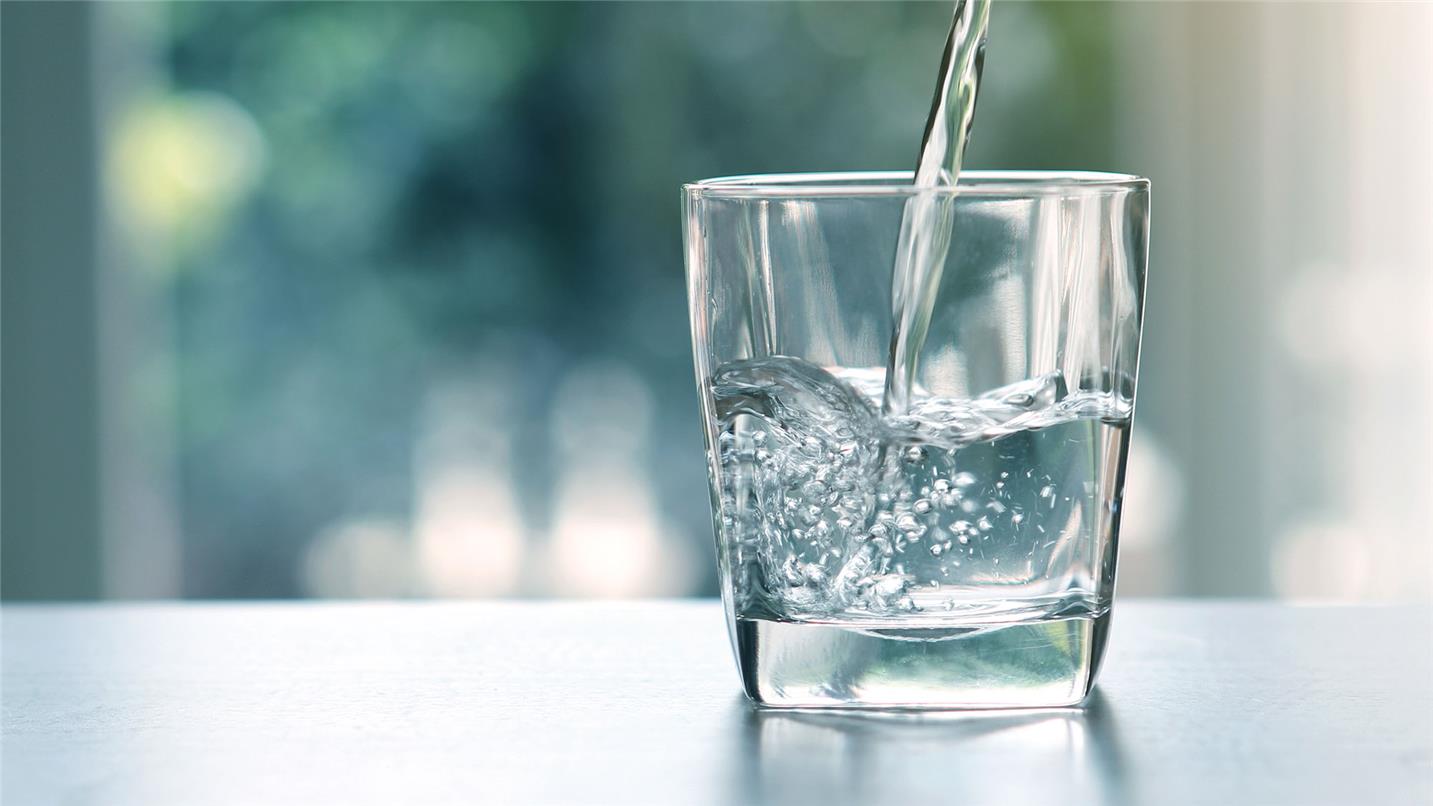Produce quality drinking water
Several stages are generally necessary to produce drinking water with different treatment techniques being implemented (settling, flotation, adsorption on activated carbon, filtration, etc.).
Eliminate unwanted elements from water
We use specific treatments that allow for extracting a certain number of elements from water:
- Suspended solids and dissolved organic matter.
- Certain minerals (iron, manganese, arsenic, sulphates, etc.).
Make salt water drinkable
Desalination is another way of meeting the growing needs for both drinking and fresh water. It is also a responsible means of managing water resources:
- Benefit from reverse osmosis technology for high quality desalinated water.
- Keep investment and operating costs under control.
- Limit the environmental impact of producing drinking water through the use of renewable energies for the power supply of water treatment plants, as well as internal energy recovery and the dispersal of saline concentrates (brine) to protect flora and fauna.
Disinfect water prior to distribution
Disinfection is the final stage of water treatment for the production of drinking water. It is critical because it:
- Removes all pathogenic microorganisms from the water.
- Guarantees the bacteriological quality of the water for the consumer thanks to the residual effect of the disinfection process.
- Choose the most appropriate disinfection system: chlorination, ozonation or UV radiation.
